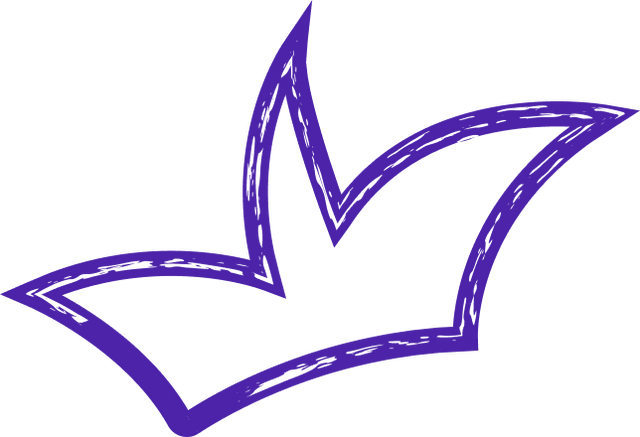
what is deep learning frameworks
Deep Learning Frameworks
Deep Learning Frameworks are built on top of lower-level libraries such as TensorFlow, PyTorch, and Keras, which provide the core functionality for defining and manipulating tensors, or multi-dimensional arrays of numerical data. These lower-level libraries are then used to build higher-level abstractions such as layers, models, and optimizers, which make it easier for developers to build and train neural networks without having to worry about the low-level details.
Some of the most popular Deep Learning Frameworks include TensorFlow, PyTorch, Keras, Caffe, and Theano. Each of these frameworks has its own strengths and weaknesses, and developers can choose the one that best suits their needs based on factors such as ease of use, performance, and community support.
TensorFlow, for example, is a highly flexible and scalable framework that is widely used in industry and academia. It provides a wide range of pre-built models and tools for data preparation, visualization, and analysis, as well as support for distributed training and deployment on a variety of platforms.
PyTorch, on the other hand, is known for its ease of use and dynamic computation graph, which allows developers to build and modify models on the fly. It also provides a wide range of pre-built models and tools, as well as support for distributed training and deployment.
Keras is a high-level API that can be used with TensorFlow, Theano, or CNTK, and provides a simple and intuitive interface for building and training neural networks. It is particularly well-suited for beginners and rapid prototyping, but can also be used for more complex applications.
Caffe is a deep learning framework that is optimized for speed and memory efficiency, and is particularly well-suited for applications such as image and video recognition. It provides a simple and flexible interface for defining and training models, as well as support for distributed training and deployment.
Theano is a deep learning framework that is optimized for numerical computation, and is particularly well-suited for applications such as scientific computing and machine learning. It provides a flexible and efficient interface for defining and training models, as well as support for GPU acceleration and distributed computing.
In conclusion, Deep Learning Frameworks are essential tools for building and training complex neural networks for a variety of applications. They provide a high-level interface for defining, configuring, and training models, and are built on top of lower-level libraries such as TensorFlow, PyTorch, and Keras. Developers can choose the framework that best suits their needs based on factors such as ease of use, performance, and community support.
Let’s build your next digital product — faster, safer, smarter.
Book a free consultationWork with a team trusted by top-tier companies.








